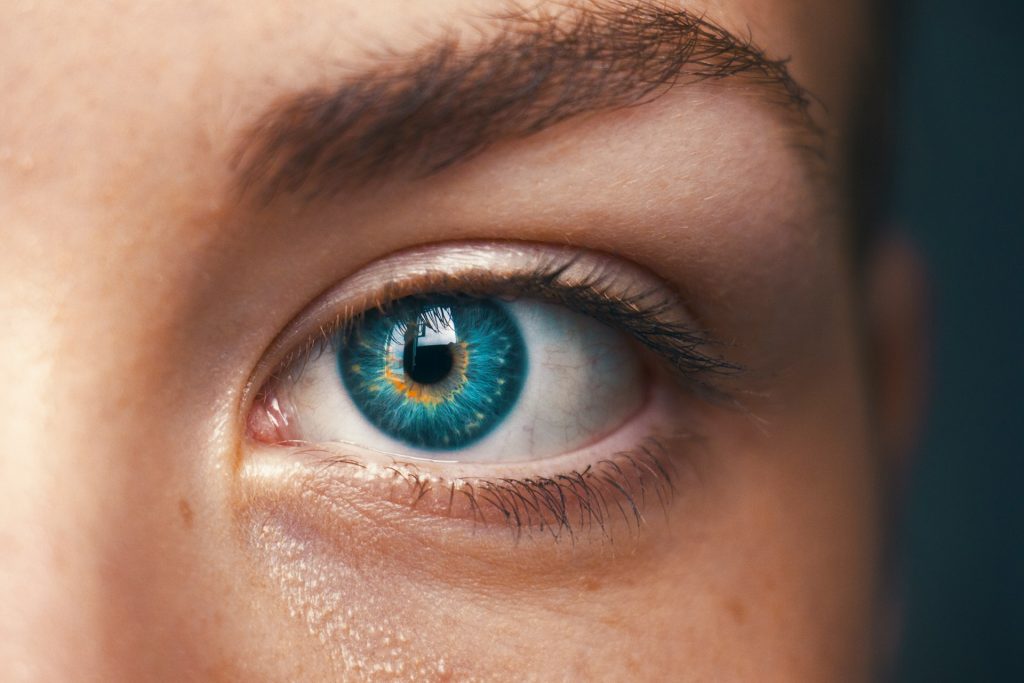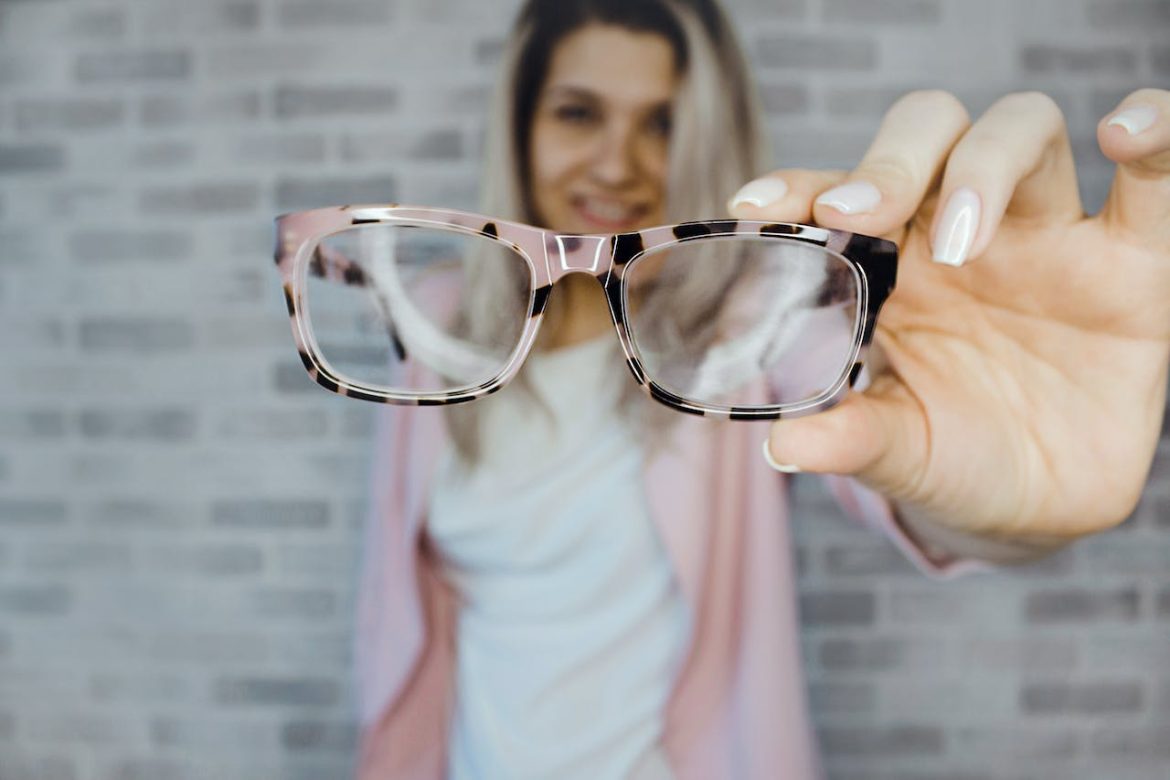As we gracefully age, the significance of maintaining healthy eyesight becomes increasingly evident. Our eyes, like any other part of our body, undergo changes over time, and proactive care is crucial to enjoy clear vision well into the golden years.
Understanding Aging and Vision
The aging process inevitably affects our eyesight. As we grow older, common vision problems such as presbyopia, cataracts, and age-related macular degeneration may arise. It’s essential to be aware of these changes and take proactive steps to address them.
Importance of Regular Eye Exams
Regular eye check-ups are the cornerstone of maintaining optimal vision in your golden years. These exams can detect issues early on, allowing for timely intervention and prevention of further deteriorationor your eyesight. Schedule routine visits to your eye care professional to ensure your eyes are in top shape.
Nutrition for Eye Health
The adage “you are what you eat” holds true for eye health as well. A balanced diet rich in nutrients like omega-3 fatty acids, lutein, zeaxanthin, and vitamins A, C, and E can significantly contribute to maintaining good eyesight. Include leafy greens, fish, and colorful fruits in your meals for a vision-friendly diet.
Hydration and Eye Care
Staying hydrated is not only beneficial for your overall health but also for your eyes. Proper hydration helps prevent dry eyes and maintains the mucous membranes that protect your eyes maintain good eyesight. Make sure to drink an adequate amount of water daily.

The Impact of Lifestyle on Vision
The choices we make in our daily lives influence our eyesight. Regular exercise promotes blood circulation, benefiting the eyes. Incorporate activities like walking or swimming into your routine to support your eye health.
Protecting Eyes from UV Rays
The sun’s UV rays can be harmful to your eyes, leading to conditions like cataracts and macular degeneration. Invest in quality sunglasses that block UVA and UVB rays to safeguard your eyes, especially in sunny climates.
Reducing Screen Time Strain
In our digital age, prolonged screen time can contribute to eye strain. To alleviate discomfort, take breaks using the 20-20-20 rule: every 20 minutes, look at something 20 feet away for at least 20 seconds.
Practicing the 20-20-20 Rule
This simple practice helps reduce eye strain and prevents the development of computer vision syndrome. It’s an easy habit to adopt and can make a significant difference in your eye comfort.
Adequate Sleep and Eye Health
Quality sleep is essential for overall health, including eye health. Ensure you get enough rest each night to allow your eyes to recover and rejuvenate. Consider creating a relaxing bedtime routine to improve the quality of your sleep.
Managing Eye Conditions in Seniors
As we age, the likelihood of developing eye conditions increases. Conditions like glaucoma and diabetic retinopathy require careful management. Work closely with your eye care professional to monitor and address any emerging issues.
Eye-Friendly Exercises for Seniors
Just as your body benefits from physical exercise, so do your eyes. Simple eye exercises can enhance flexibility and strength. Practice activities like focusing on near and distant objects to maintain optimal eye function.
Stress Reduction Techniques
Stress can take a toll on your eyesight. Engage in stress-reducing activities such as meditation, deep breathing, or hobbies you enjoy. Taking time for relaxation contributes not only to your mental well-being but also to your eye health.
Importance of Adequate Lighting
Proper lighting is essential for reducing eye strain, especially in seniors. Ensure your living spaces are well-lit, and use task lighting when reading or engaging in close work. Good lighting contributes to enhanced visibility and comfort.
Maintaining healthy eyesight in your golden years is a proactive journey that involves a combination of lifestyle choices, proper nutrition, and regular eye care. By incorporating these tips into your routine, you can enjoy clear vision and an improved quality of life as you age.
FAQs
- How often should seniors have eye exams?
- Seniors should have eye exams at least once a year, or as recommended by their eye care professional.
- Are there specific foods that promote eye health?
- Yes, foods rich in omega-3 fatty acids, vitamins A, C, and E, as well as lutein and zeaxanthin, are beneficial for eye health.
- Can eye exercises really improve vision?
- While they may not reverse existing conditions, eye exercises can help maintain and improve certain aspects of vision.
- Is it necessary to wear sunglasses on cloudy days?
- Yes, UV rays can penetrate clouds, so it’s advisable to wear sunglasses even on cloudy days.
- What is the 20-20-20 rule, and how does it work?
- The 20-20-20 rule involves taking a 20-second break to look at something 20 feet away every 20 minutes of screen time to reduce eye strain.


